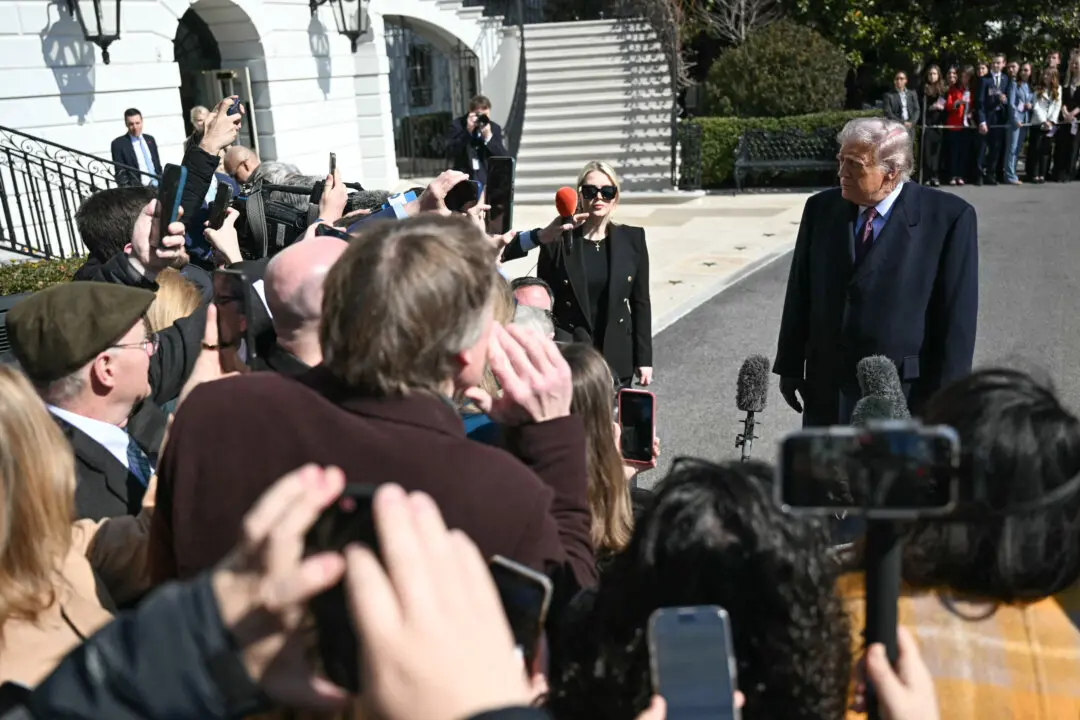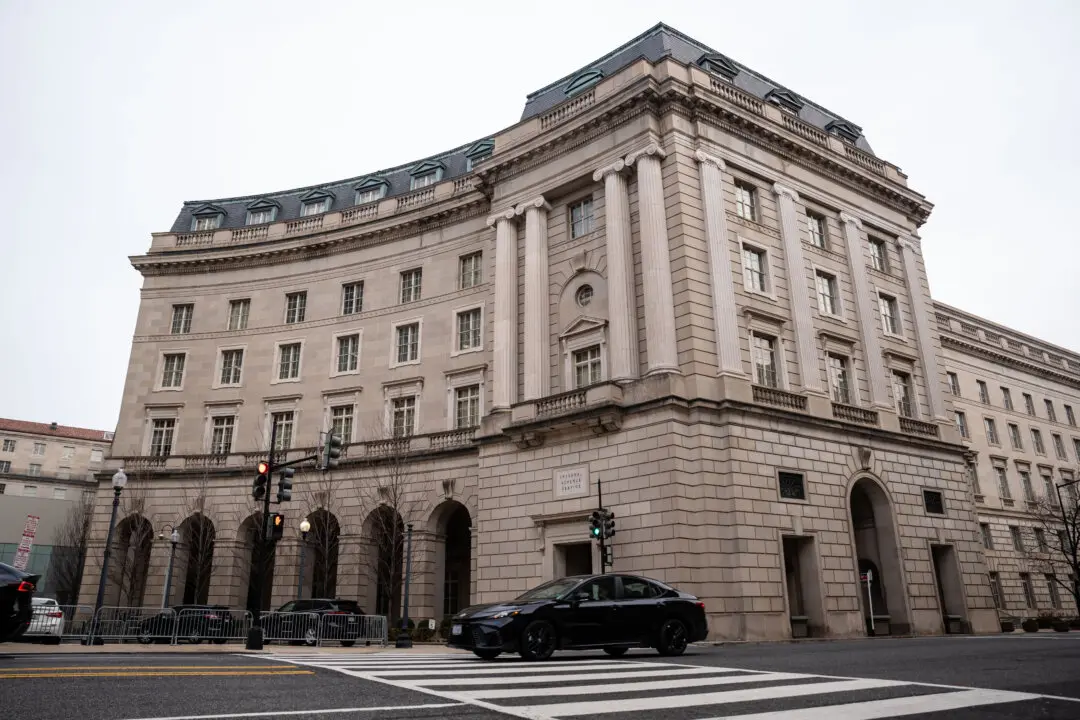An experimental COVID-19 antiviral drug seems to be effective at preventing hospitalizations, but isn’t cleared by the U.S. Food and Drug Administration, according to a study published online Wednesday.
The study, published in the New England Journal of Medicine, found that the drug, interferon lambda, prevented 51 percent of hospitalizations among individuals who received COVID-19 vaccines.






